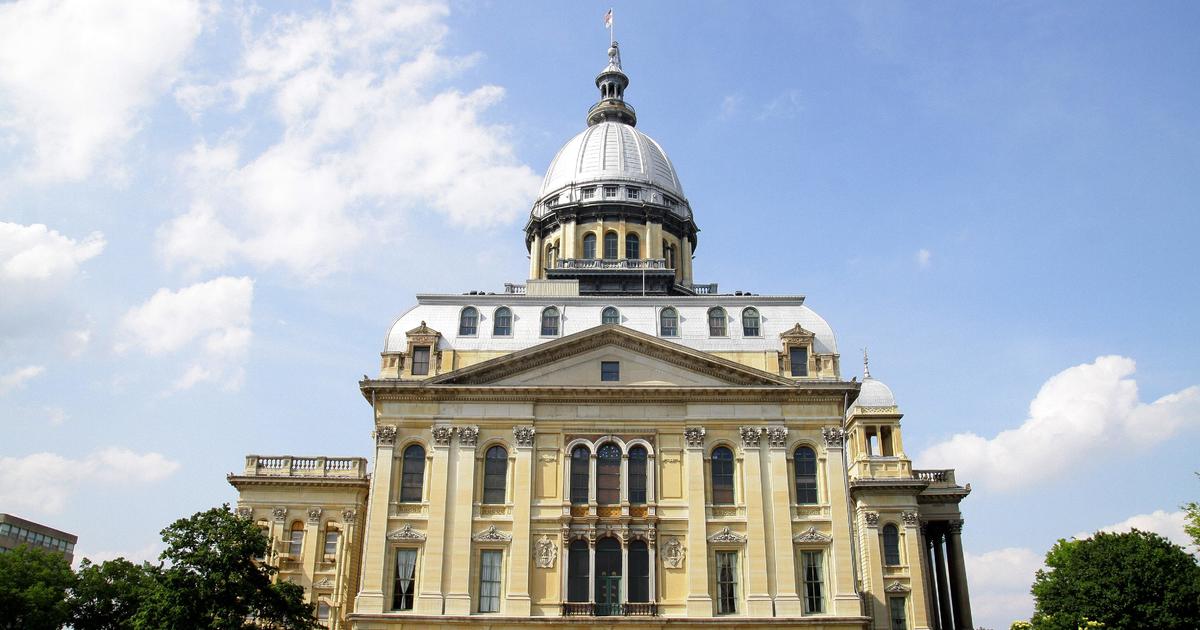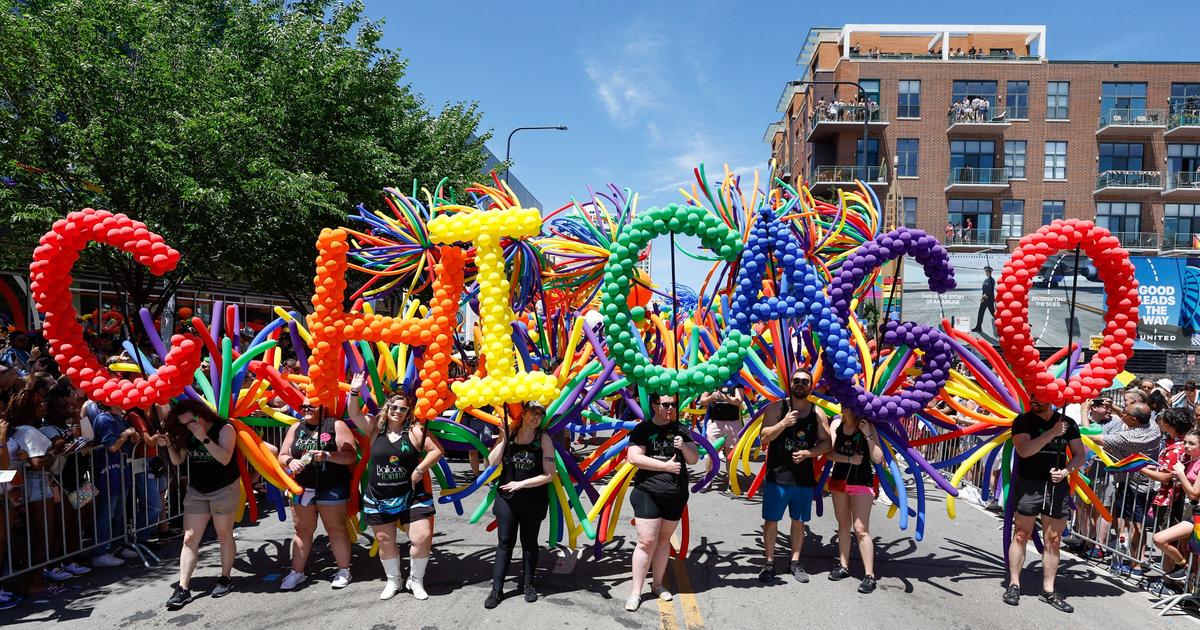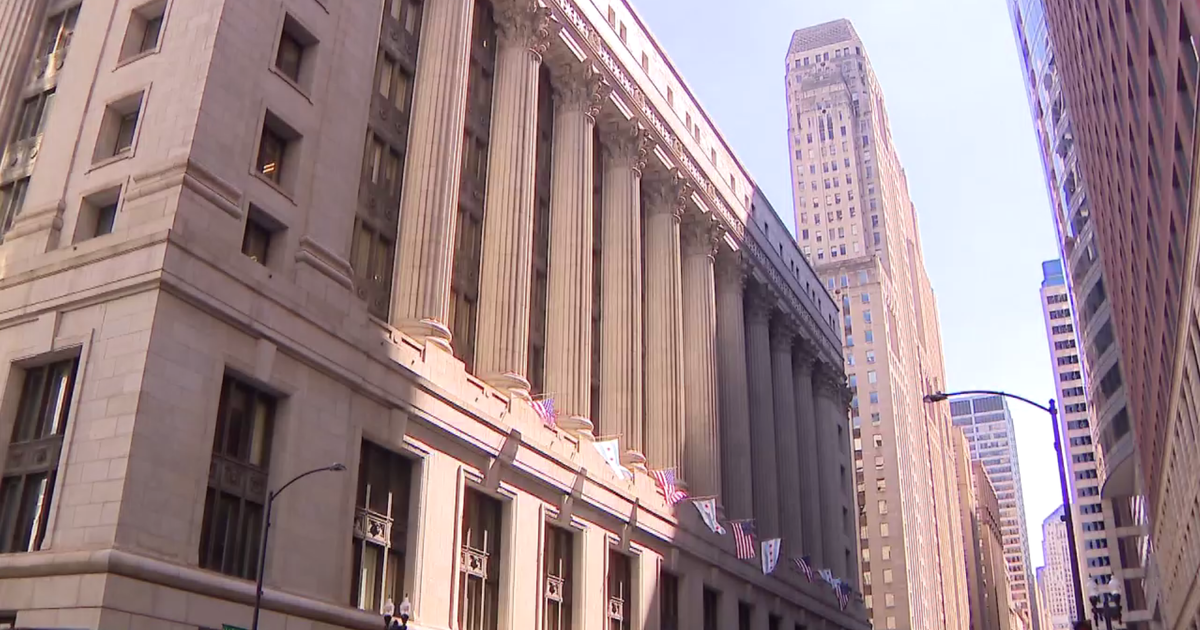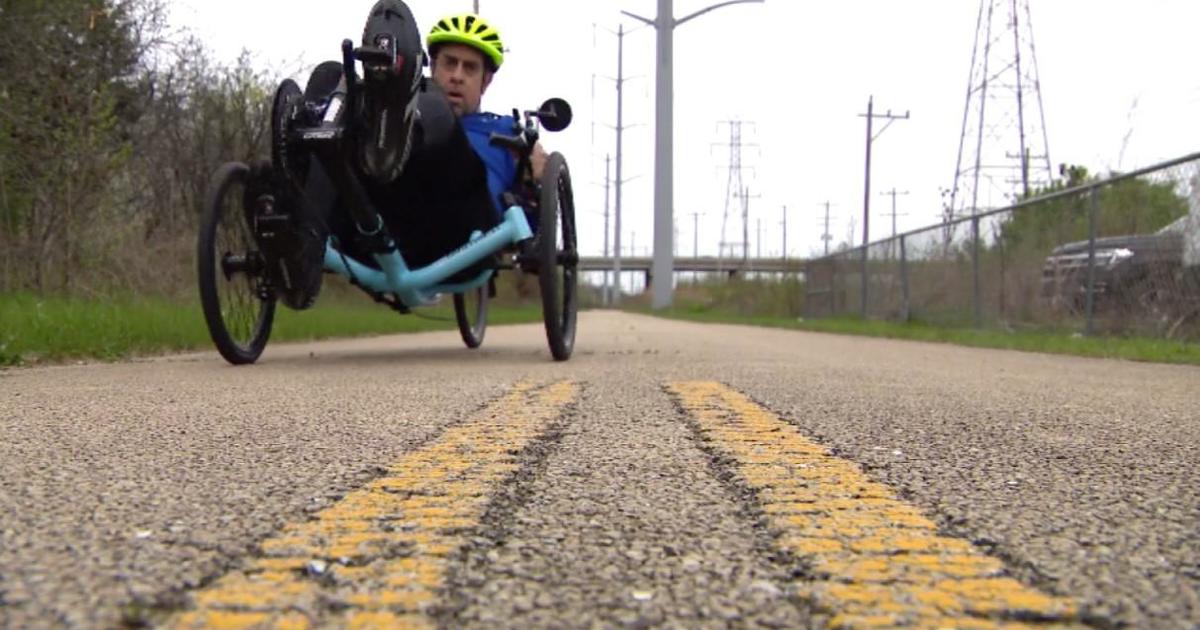Tunney Wants 'Rigorous' Analysis Of Cubs' Plan
CHICAGO (STMW) - Wrigleyville Ald. Tom Tunney (44th) on Wednesday demanded a "rigorous cost-benefit analysis" before signing on to the Chicago Cubs' plan to use 35 years' worth of amusement tax growth to finance a $200 million renovation of historic Wrigley Field.
One day after Cubs Chairman Tom Ricketts tried to breathe new life into the plan, Tunney threw cold water on it, called it "rushed" and joined a line of skeptics that includes Mayor Daley and Gov. Quinn.
Instead of taking Ricketts' word that the growth in amusement tax revenue will be more than enough to retire the Wrigley bonds, Tunney demanded the cost-benefit analysis by the city and state to determine if the Cubs' projections are realistic and, if not, who would be left holding the bag.
The aldermen is not willing to have blind faith in Ricketts' claims that benefits of the project — including 1,000 construction jobs and $9 million in new tax revenue each year — would more than offset amusement tax growth the city and county are being asked to forfeit.
He wants an independent analysis to make certain of it.
"The proposal . . . would freeze at 2009 levels the revenue the city receives from the amusement tax charged on tickets to events at Wrigley Field. Instead of going to the city's general fund to pay for things like increasing the number of police officers hired or new street lights or sewer lines, the increased revenue would go to pay off bonds that will be issued to fund the improvements," Tunney said in a statement.
"Every taxpayer in Chicago deserves to know if the incremental increases in both the number of jobs and other tax revenue . . . will be enough to cover the loss of increased revenue from the amusement tax until the bonds are paid off, which could take decades."
In a follow-up interview, Tunney stressed that he is "not against" a project that could bring $400 million worth of economic development to his ward.
That includes $200 million to renovate and preserve 96-year-old Wrigley for the next 50 years and a $200 million investment from the Ricketts family to build the long-stalled triangle building promised to area residents in exchange for a bleacher expansion.
But he also raised new questions about the Cubs' plan to build a five-story office building on land the team owns at Clifton and Waveland.
The original plan called for Cubs offices to be part of the long-stalled triangle building promised to Wrigleyville residents in exchange for a bleacher expansion.
"If I'm living now on Clifton just north of the park, that office building, which was gonna be on the triangle portion, is now on the Waveland portion. We really need to hear from the community — especially residents who live over there on Clifton and Kenmore just north of the park," Tunney said.
Daley said earlier this week he likes the concept of a stadium renovation plan that would keep the Cubs at Wrigley for at least 35 years and free up the money the Ricketts family needs to develop the triangle building.
But the lame-duck mayor said he's not about to saddle his successor with a deal that requires cash-strapped Chicago taxpayers to forfeit 35 years' worth of amusement tax growth needed to bankroll basic city services.
Quinn has his noise out of joint that the Cubs shared their plan with House Speaker Mike Madigan and Senate President John Cullerton, but left the governor out of the loop. He has argued that the Ricketts family spent nearly $1 billion for the Cubs, knew that a nearly century-old stadium was part of the package and that, if they needed government help to repair it, they should have raised the issue "before the election — not after."
-- Chicago Sun-Times, via the Sun-Times Media Wire



